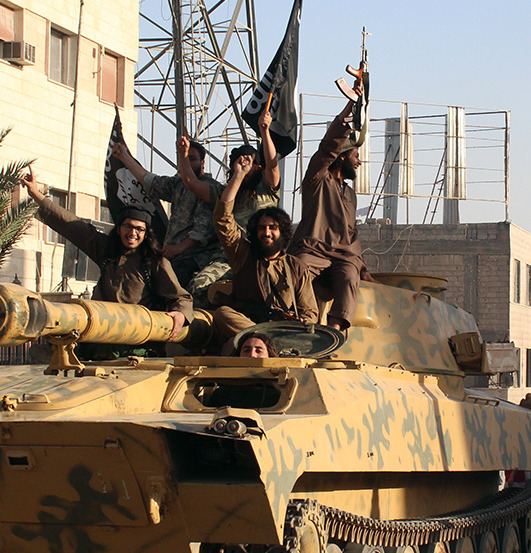Strategy against Islamic State in hand, U.S. now must make it work
U.S. President Barack Obama has embarked on building what is basically the third major U.S.-backed international coalition of the past 23 years to take on a challenge emanating from Iraq. Obama, a reluctant warrior adamantly set against repeating what he considers the headlong rush into war conducted by his immediate predecessor, George W. Bush, is basing his coalition on what a variety of countries can bring to the table in dismantling Islamic State, also known as ISIS or ISIL, and its drive for a caliphate straddling Iraq and Syria. What U.S. officials are unclear on is whether Western allies and Arab states will join the United States in launching air strikes.
We need a clarity to the strategy, and a clarity to what everybody is going to undertake.
U.S. Secretary of State John Kerry
A central pillar of Obama’s strategy is to ensure Iraq’s new prime minister can form a unity government soon, perhaps next week, that shares power with Sunnis so that they will be more inclined to oppose Islamic State. Obama would like Gulf Arab states to consider military action, but also to support Sunni moderates in Iraq and Syria who can challenge Islamic State for supremacy. He also wants Islamic State’s sources of funding cut off. And he wants NATO ally Turkey to help prevent foreign fighters who have sworn allegiance to Islamic State from crossing through Turkey on their way to their home countries, where they might launch civilian attacks.

World Islamic State